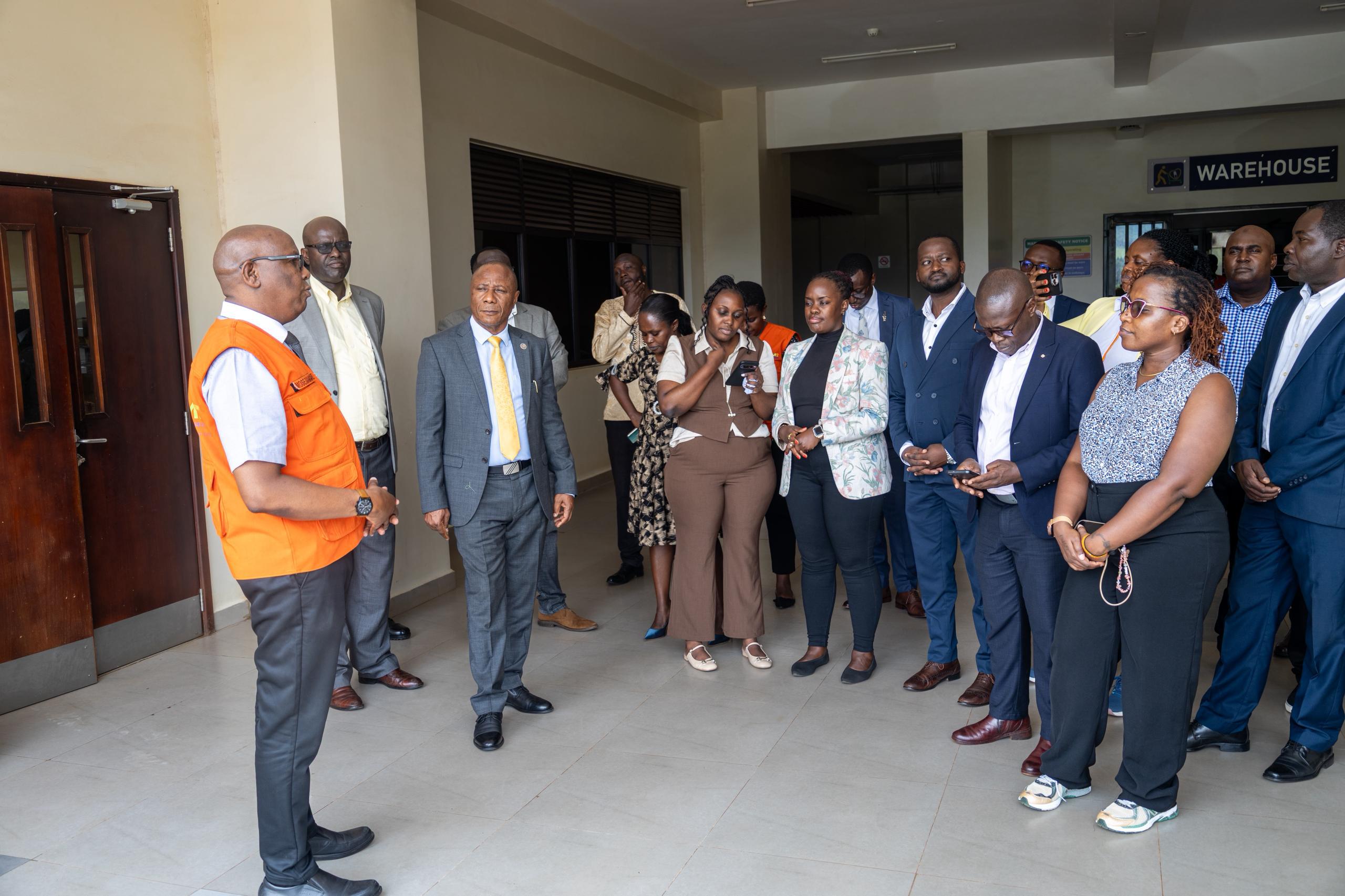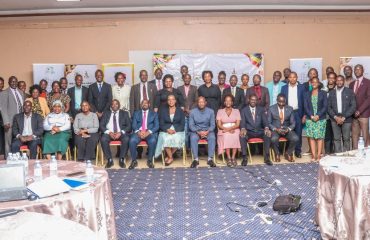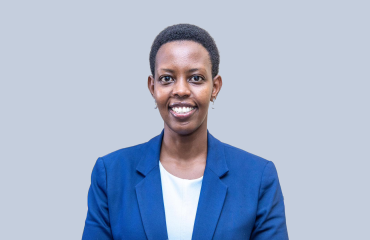By Akena Martin
The National Medical Stores (NMS) has quietly transformed the way life-saving medicines reach Ugandans, cutting its own operating costs from 35 percent to just 7 percent and freeing billions of shillings to buy more drugs for hospitals and health centres.
NMS General Manager Moses Kamabare says the breakthrough came when the government changed how it funds medicines. “Before 2010, health facilities received the money and were supposed to buy from us,” he recalls. “We had to borrow from banks to supply them first, and the interest sometimes consumed more than 20 percent of the funds. When the government decided to send the money directly to NMS, everything changed. We no longer borrow, and every extra shilling now buys medicine for a patient.”
Today, 93 out of every 100 shillings given to NMS goes straight into purchasing medicines. This efficiency has turned the state-of-the-art Kajjansi warehouse, the largest government medical store in Africa, into the backbone of Uganda’s public health system.
Every two months, GPS-tracked NMS trucks leave Kajjansi for more than 3,400 government health facilities. Each dispatch triggers automatic text messages to Resident District Commissioners, Members of Parliament, Chief Administrative Officers, and other officials so they can confirm deliveries. Cameras mounted on the trucks add another layer of accountability.
“We want every Ugandan to know that the medicine left Kajjansi and arrived safely at their health centre,” Kamabare explains. “That transparency protects the medicine and the patient who needs it.”
The improved funding model has brought practical results across the country. Health workers at rural clinics report fewer shortages, while regional referral hospitals say they can now plan treatments with confidence.
At a health centre in Soroti, midwife Sarah Apio says the difference is clear. “Before, mothers would come for antenatal visits, and we would tell them to buy drugs in private pharmacies. Now we have what we need. It reduces stress for both mothers and staff,” she says.
Even as NMS strengthens the supply chain, Kamabare urges Ugandans to focus on prevention. He points out that more than three-quarters of illnesses treated in government facilities are avoidable.
“Malaria would drop sharply if families used treated mosquito nets and cleared stagnant water,” he says. “Accident injuries would reduce if drivers slowed down and avoided alcohol. Many cases of malnutrition and domestic violence also end up in our hospitals. Out of every 100 patients, about 75 would not be there if we all took simple preventive actions.”
The Ministry of Health continues to manage hospitals and health centres, while NMS provides the medicines and supplies. Kamabare believes this partnership, combined with community action, is the real key to a healthier nation.
“Our job is to make sure treatment is ready when someone falls sick,” he says. “But every Ugandan has the power to keep themselves and their families out of the hospital in the first place. The most cost-effective healthcare begins at home.”
With lower operating costs, reliable deliveries, and a growing culture of accountability, NMS has become a quiet but vital part of Uganda’s progress. For the mother in a village clinic, the child receiving malaria treatment, or the accident victim in a regional hospital, these reforms mean one simple thing: the medicine is there when it is needed most.




